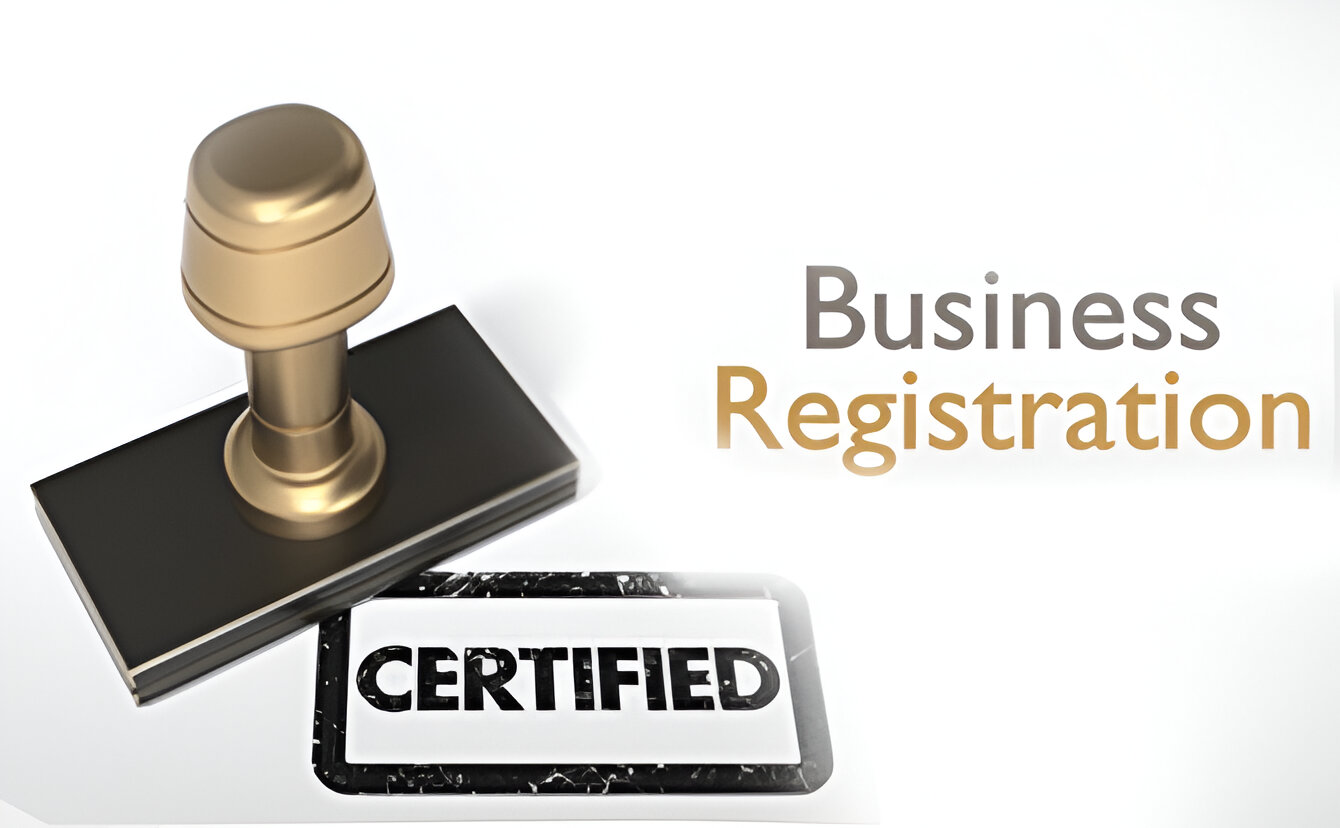This guide explores the pros and cons of registering your business as a sole proprietorship in Sri Lanka. It also details the registration process itself.
Advantages of a Sole Proprietorship
- Simple and Speedy Registration: Compared to other business structures, setting up a sole proprietorship is a breeze. The process is straightforward and requires minimal paperwork.
- Keeping All the Profits: As the sole owner, you enjoy all the profits generated by the business. There’s no need to share with partners or stakeholders.
- Unrestricted Decision-Making: You have complete control over the business and the freedom to make all decisions without external interference.
- Ideal Launching Pad: A sole proprietorship is perfect for aspiring Sri Lankan entrepreneurs who want to launch their business quickly and efficiently without a complex setup process.
Disadvantages of a Sole Proprietorship
- Unlimited Liability: This is a major drawback. As the sole owner, you are personally liable for all business debts and obligations. If the business cannot pay its bills, creditors can go after your personal assets to settle the debt. This can limit your risk-taking capacity compared to a limited liability company.
- Limited Funding Options: Raising capital can be challenging. Since there’s only one owner, you cannot raise funds by issuing shares. You’ll be restricted to options like personal loans, which can be difficult to obtain without substantial collateral, especially for new businesses.
- Limited Business Lifespan: The business lifespan is directly tied to the owner’s life. If the owner passes away, the business typically ceases to operate. This lack of continuity can hurt credibility with customers and investors who may be hesitant to do business with an entity lacking long-term stability.
- Potential for Sole Decision-Making Pitfalls: While having full control seems like a benefit, it can also be a pitfall. Without a team to consult, you risk making crucial decisions without the benefit of diverse perspectives. This is particularly true if your industry requires specific expertise you may lack.
The Registration Process
Here’s a breakdown of the steps involved in registering your sole proprietorship:
- Gather Required Documents: The documents you’ll need depend on your specific circumstances. Generally, you’ll need an application form, your National Identity Card (NIC) or a valid passport (for foreigners), your Business Registration Certificate, and proof of address (like a utility bill, bank statement, or Grama Niladhari Certificate).
- Choose Your Registration Method: You can register online, in-person at the IRD Head Office, or by mail.
- Submit Your Application: Follow the specific instructions depending on your chosen registration method.
Conclusion
A sole proprietorship can be a good option for starting a small business in Sri Lanka, especially for those with limited resources and a desire for complete control. However, the unlimited liability and limitations on raising capital are significant drawbacks. Carefully consider your business goals and risk tolerance before deciding if a sole proprietorship is the right fit for you.


